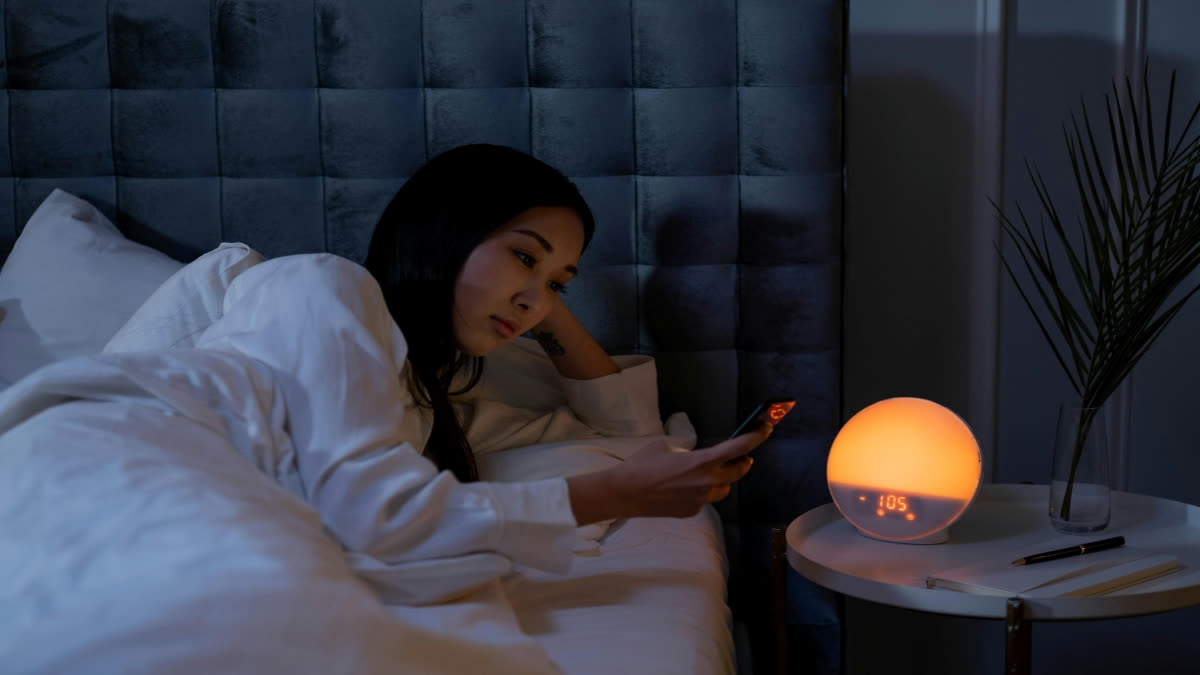Hyderabad: A joint research conducted by Professor S Bapiraju, Head of IIIT Hyderabad CSLab, and medical experts from the National Institute of Mental Health and Neurosciences (NIMHANS) Bangalore has shown that polysomnography test with artificial intelligence helps solve problems and disorders arising from insomnia.
Polysomnography tests were conducted on patients admitted to NIMHANS suffering from insomnia and mental health issues. Bapiraju analysed their condition through rapid eye movement and slow eye movement (non-rapid eye movement) and published the observations in the science and technology magazine 'Tech Forward' which was released in July.
Currently, some of the people suffering from insomnia are undergoing sleep tests costing between Rs 5,000 to Rs 20,000. They will now have opportunities to undergo artificial intelligence-linked polysomnography tests, said Bapiraju.
The artificial intelligence device analyses the brain, eye function, and breathing pattern to detect insomnia and disorders. It divides rapid eye movement into three phases and examines the states of N1 (light sleep), N2 (deep sleep), and N3 (long or slow-wave sleep).
Artificial intelligence records their sleep patterns for eight hours. After preparing the data on this, it then moves on to provide a report on why people are not sleeping naturally. Based on this report, doctors and psychiatrists can prescribe medicines to solve the disorders.
Read More:



